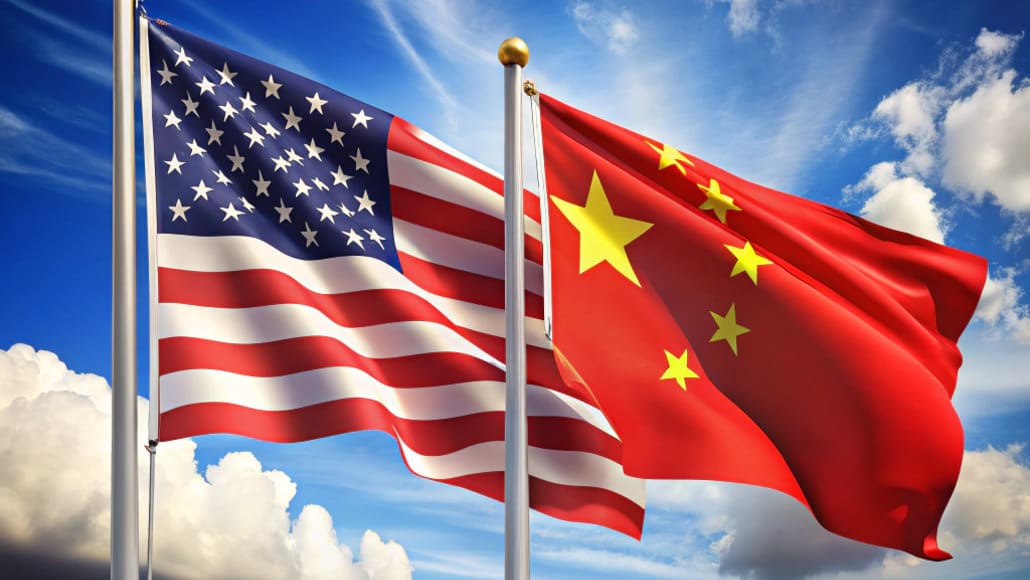Shortly after the implementation of higher reciprocal tariffs on numerous U.S. trading partners, President Donald Trump announced a 90-day suspension of these tariffs, excluding China. Tariffs on goods imported from China would rise to 125% effective immediately. Trump stated that he was instituting a universal “lowered reciprocal tariff of 10%” while negotiations are ongoing, as reported by global news outlets.
In his remarks, Trump criticized Beijing for what he described as a “lack of respect” after China announced it would impose tariffs of 84% on U.S. imports in retaliation.
“Hopefully, in the near future, China will realize that the days of taking advantage of the USA and other countries are no longer sustainable or acceptable,” Trump expressed on his social media platform, TruthSocial.
He claimed that over 75 countries had sought negotiations with the United States without retaliating against the tariffs, attributing this lack of response to his “strong suggestion.”
Conversely, based on the fact that more than 75 countries have contacted representatives from the United States, including the Departments of Commerce, Treasury, and the USTR (United States Trade Representative), to negotiate solutions regarding trade, trade barriers, tariffs, currency manipulation, and non-monetary tariffs, and that these countries have not retaliated in any way, shape, or form at my strong suggestion, I have authorized a 90-day PAUSE and a substantially lowered reciprocal tariff of 10%, effective immediately. Thank you for your attention to this matter!” the President wrote.
The global textile industry may experience temporary relief but face significant disruptions due to these tariff changes, as increased costs on imported materials could lead to higher prices for finished goods. Additionally, uncertainty in trade relations may deter investment and limit growth opportunities within the industry, as companies grapple with fluctuating supply chains and market access challenges.

































